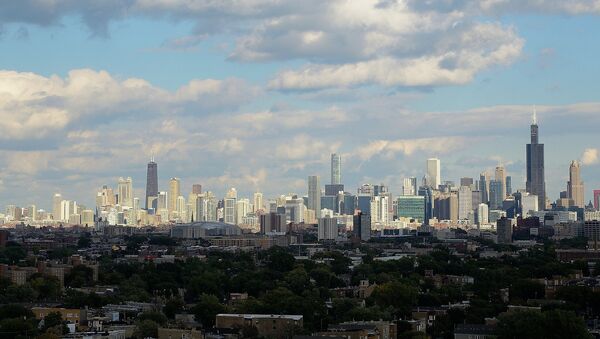The agency double downgraded the city’s debt to junk level "Ba1" from "Baa2" with a negative outlook. The Ba1 rating means that Chicago’s $8.1 billion in debt carries a substantial credit risk. That credit rating is also just a few levels above bonds that are in default.
After the Illinois Supreme Court last Friday voided the state's 2013 pension reform law on constitutional grounds, Moody's said the city's options for curbing its $20 billion unfunded pension liability "have narrowed considerably."
"Whether or not the current statutes that govern Chicago's pension plans stand, we expect the costs of servicing Chicago's unfunded liabilities will grow, placing significant strain on the city's financial operations absent commensurate growth in revenue and/or reductions in other expenditures," the agency said in a release.
Moody’s believes Chicago’s credit challenges will continue, both in the near and long terms.
"The negative outlook also reflects our expectation that Chicago’s credit quality will weaken as unfunded liabilities of the Municipal, Laborer, Police, and Fire pension plans grow and exert increased pressure on the city’s operating budget," it said.
Combined with rating cuts for city revenue debt, Moody's said, its actions could trigger up to $2.2 billion in accelerated payments on some of that debt. That would have a major impact on the city's $8.9 billion all-funds budget, which includes a $3.53 billion operating fund.
Chicago Mayor Rahm Emanuel called the Moody’s downgrade "irresponsible" and noted the agency has not yet cut Illinois' credit rating in the wake of the court ruling.
"This action by Moody's is not only premature, but it is irresponsible to play politics with Chicago's financial future," Emanuel said in a statement.
Given the city downgrade, experts expect Moody’s to issue a similar one or two-level downgrade of Chicago Public Schools credit rating.




